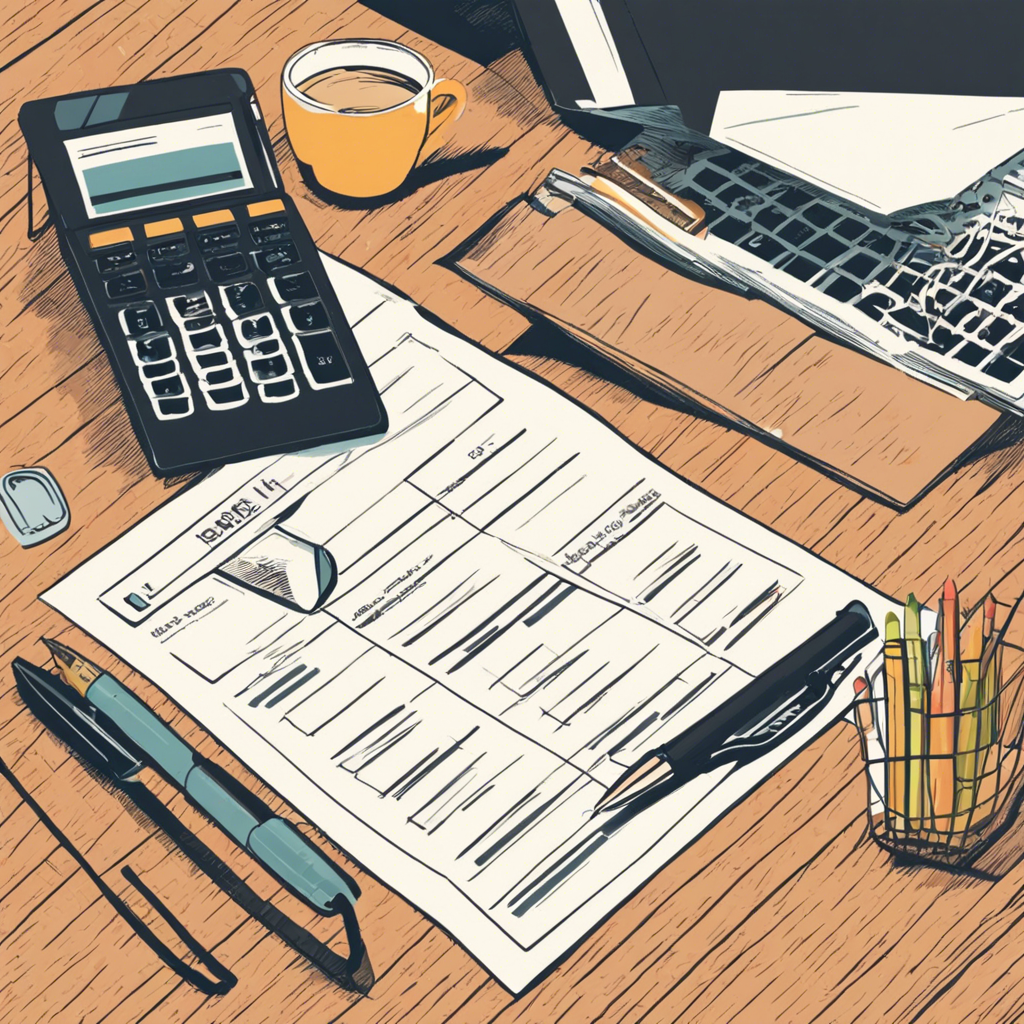Budgeting is a crucial aspect of managing personal finances effectively. Creating a budget allows individuals to track their income and expenses, prioritize spending, and work towards financial goals. However, sticking to a budget can be challenging for many beginners. In this beginner’s guide, we will explore practical tips on how to create a budget and stay committed to it.
To start creating a budget, gather all your financial information, including income sources, bills, debt payments, and other expenses. This will give you a clear picture of your financial situation. Next, categorize your expenses into fixed (such as rent and utilities) and variable (like groceries and entertainment). Creating a spreadsheet or using budgeting apps can help you organize this information effectively.
Once you have a clear overview of your finances, set specific financial goals, whether it’s saving for a vacation, paying off debt, or building an emergency fund. Having clear objectives will motivate you to stick to your budget. Additionally, allocate a portion of your income towards savings and investments to secure your financial future.
When creating a budget, it’s essential to differentiate between needs and wants. Prioritize essential expenses like housing, food, and healthcare before allocating funds to discretionary spending. Be realistic when setting spending limits for non-essential items to avoid overspending.
Tracking your expenses is key to sticking to a budget. Regularly monitor your spending to ensure you are staying within your budget limits. Use budgeting tools or apps to categorize expenses and identify areas where you can cut back or adjust your spending habits.
Avoid impulse purchases by creating a shopping list before going to the store and comparing prices to find the best deals. Consider using cash for discretionary spending to limit unnecessary purchases and stay within budget. Being mindful of your spending habits can help you make informed financial decisions.
To stay motivated and accountable, consider sharing your budgeting goals with a friend or family member. Having someone to support and encourage you can make budgeting feel less daunting. Additionally, celebrate small victories along the way to stay motivated on your financial journey.
Unexpected expenses can disrupt even the most carefully planned budget. Create an emergency fund to cover unforeseen costs like medical emergencies or car repairs. Aim to save at least three to six months’ worth of living expenses in your emergency fund for financial security.
Review your budget regularly to make necessary adjustments based on changes in your income or expenses. Life events like job changes, salary increases, or unexpected costs may require you to modify your budget accordingly. Flexibility is key to maintaining a sustainable budget.
As you progress in your budgeting journey, consider seeking advice from financial experts or attending workshops on personal finance. Educating yourself on financial literacy can help you make informed decisions and improve your budgeting skills. Remember, mastering budgeting takes time and practice.
In conclusion, creating a budget and sticking to it is a fundamental step towards financial stability and achieving your financial goals. By following these practical tips and staying committed to your budget, you can take control of your finances and build a secure future. Start your budgeting journey today and empower yourself to make wise financial choices.
